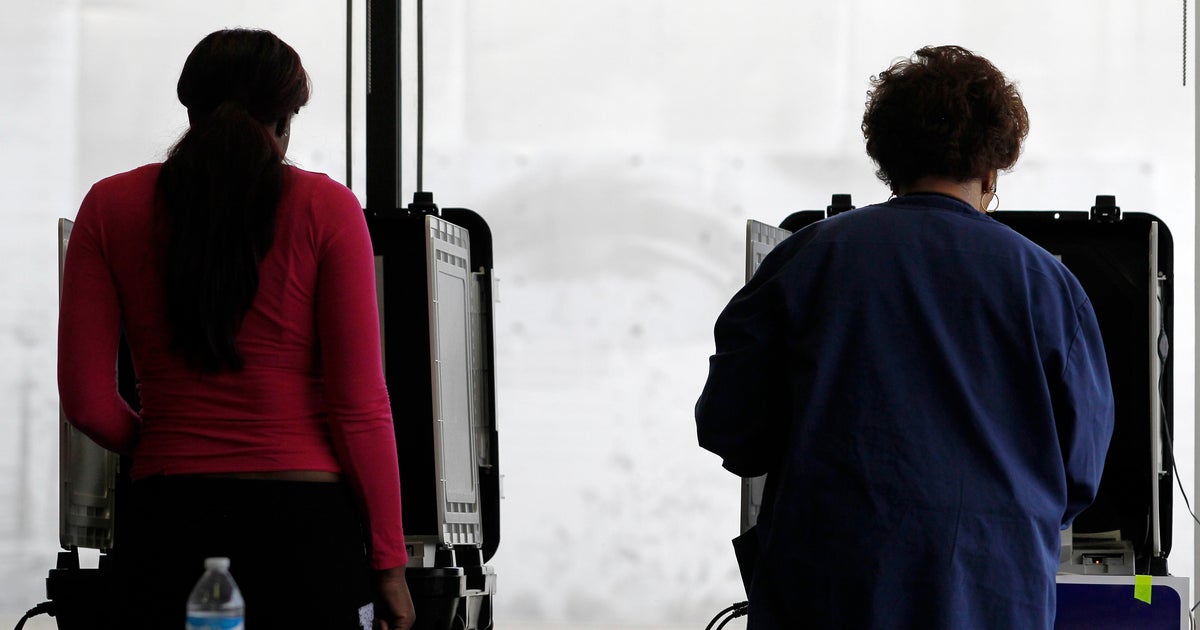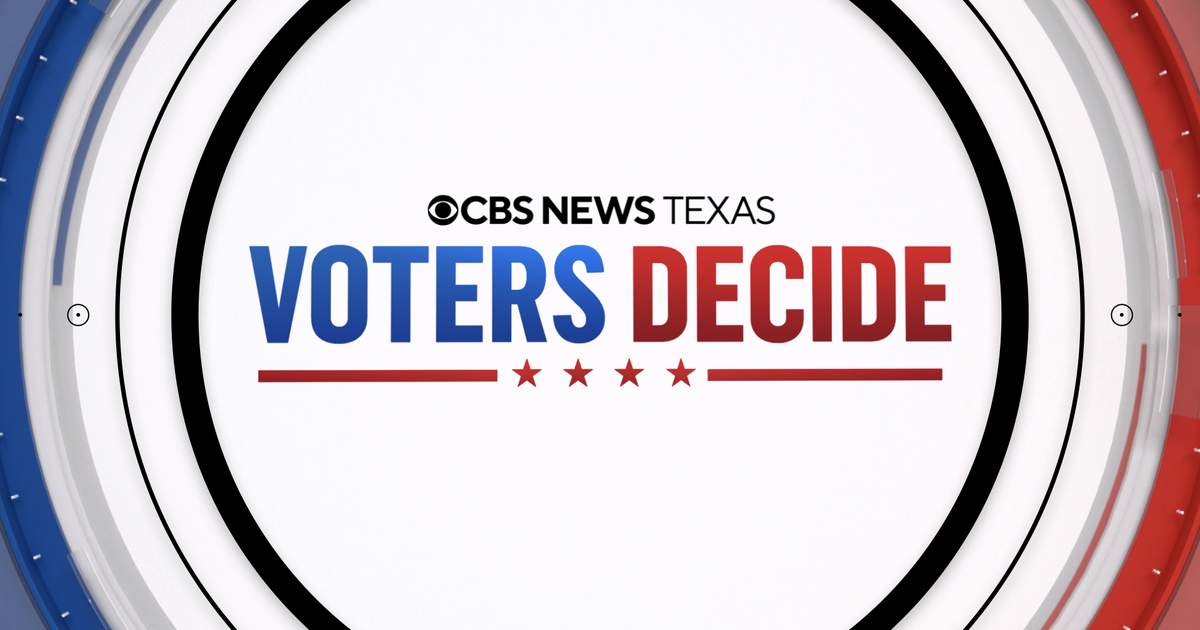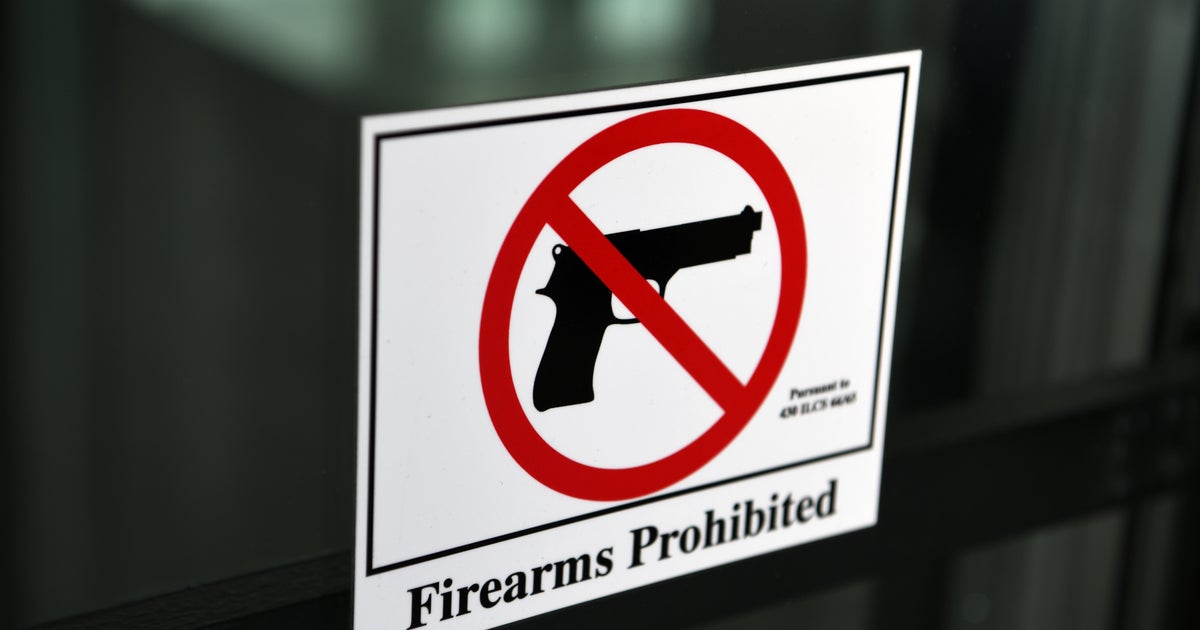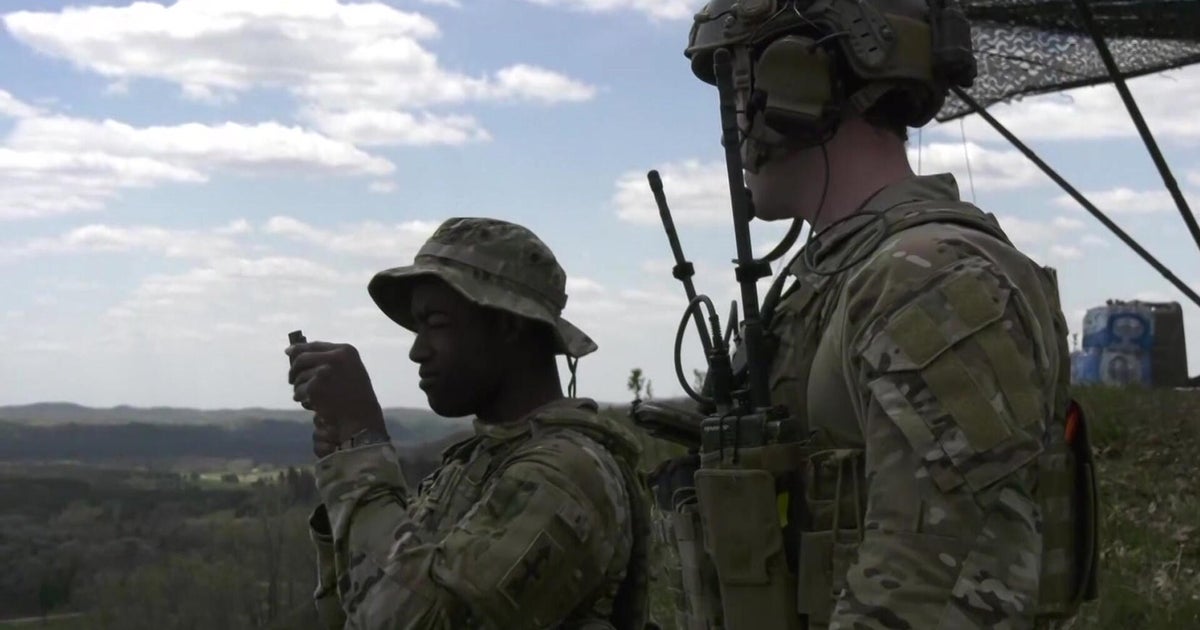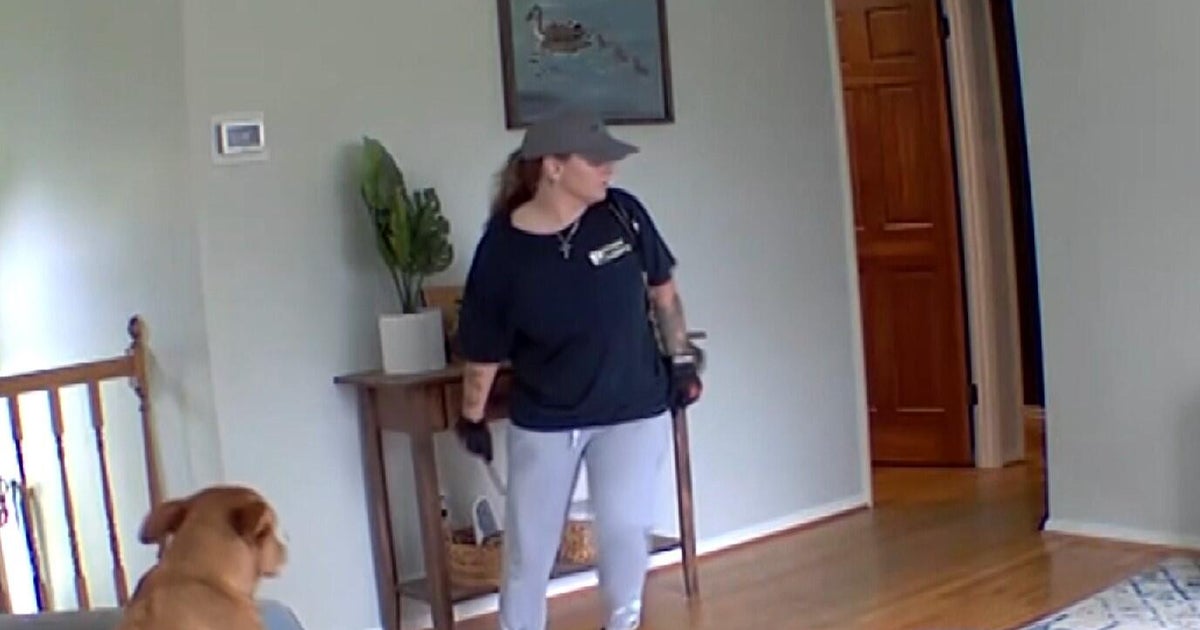Wisconsin Supreme Court says unattended absentee ballot drop boxes are illegal
MADISON, Wis. — Most absentee ballot drop boxes are illegal and only the voters themselves can return their ballots in person to local election offices, the Wisconsin Supreme Court ruled.
In the 4-3 decision, the court said the Wisconsin Elections Commission erred when it allowed local election officials to use unattended ballot drop boxes, and that an absentee ballot can be returned by mail or the voter must personally deliver it to the municipal clerk.
The court did not weigh on if a person is allowed to deliver another voter's ballot in the mail. But it rule the law was silent on using drop boxes as a method to deliver absentee ballots.
"Only the legislature may permit absentee voting via ballot drop boxes. WEC cannot," Justice Rebecca Grassl Bradley wrote in the majority opinion. "Ballot drop boxes appear nowhere in the detailed statutory system for absentee voting."
The decision will impact the state's primary next month and the November election. There were more than 500 drop boxes in Wisconsin for the 2020 election, and several other states allow their use in some fashion. Absentee ballots made up more than 40% of votes cast in 2020, according to the Wisconsin Elections Commission.
"We should expect drop boxes to essentially disappear from the Wisconsin landscape," said Barry Burden, director of the Elections Research Center at the University of Wisconsin-Madison. "Now there is an additional responsibility for election officials to make sure their voters are educated and know that they cannot wait until the last moment and return that ballot via the drop box."
In the dissenting opinion, Justice Ann Walsh Bradley criticized the majority's analysis as flawed, writing the opinion "without justification fans the flames of electoral doubt that threaten our democracy."
Debra Cronmiller, executive director of The League of Women Voters of Wisconsin, which joined the case as a co-defendant, said she was disappointed by the decision and worried it would cause confusion for voters a month before the primary election. She also raised concerns about the implications for voters with disabilities.
"There is no doubt that this ruling limits access for voters and literally thousands of voters will be disenfranchised we believe because of the action the court took this morning," she said in an interview Friday.
The court's majority said only the voters themselves can deliver their absentee ballots in person, which prohibits ballot collection or harvesting—when individuals can collect completed ballots and drop them off at polling places or election offices.
In 31 states, someone other than the voter is explicitly allowed to return a voted ballot on behalf of another voter, but some states limit who is permitted to do so, according to the National Conference of State Legislatures. Under Wisconsin law, a voter who is hospitalized can have a registered agent deliver an absentee ballot, which the majority noted in its opinion.
Rick Esenberg, president of President, Wisconsin Institute for Law & Liberty, which filed the lawsuit, said the decision "provides substantial clarity on the legal status of absentee ballot drop boxes and ballot harvesting."
Republicans cheered the ruling as a "victory for election integrity."
"Democrats have long abused the practice of ballot harvesting, which undermines voter confidence by interfering with the appropriate chain of custody of ballots – but with today's decision, they'll be forced into a fair fight that holds them accountable for their record," said Paul Farrow, chairman of the Republican Party of Wisconsin.
Wisconsin Gov. Tony Evers in a statement criticized the ruling. He has vetoed measures by the Republican-controlled legislature to restrict the use of absentee ballots, according to the Associated Press.
"Today's decision is another in a long line of Wisconsin Republicans' successes to make it harder for Wisconsinites to exercise their right to vote, to undermine our free, fair, and secure elections, and to threaten our democracy," Evers said.
The ruling is a blow to Democrats and voting rights organizations in a critical battleground state where there were baseless claims of widespread voter fraud in the 2020 election.
An Associated Press review found there were just 31 votes flagged as suspicious in Wisconsin when President Joe Biden's margin of victory in the state was over 20,000. The Wisconsin Institute for Law & Liberty, which filed the lawsuit at the center of the high court's latest decision, also agreed there was no widespread voter fraud.


